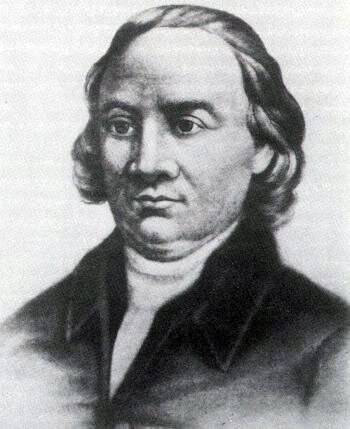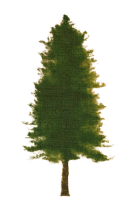
John Morton
Pennsylvania
It can be argued John Morton’s contributions to the young United States were significantly cut short due to his untimely death in 1777. He signed the Declaration of Independence first and, in 1777, he chaired the Committee of the Whole as they determined, wrote, and considered the adoption of the Articles of Confederation, the United States first constitution.
Born the year of his father’s death, 1725, John Morton’s mother remarried shortly thereafter. His stepfather, John Sketchley, was a positive force in his life providing young Morton a quality, informal education. In addition to teaching him reading, writing, and arithmetic, he also taught him surveying. Mr. Morton held a high opinion of his stepfather as evidenced by him naming one of his sons after his stepfather, Sketchley Morton.
Once an adult, John Morton was reputed for his sound judgment and pleasant temperament. At the age of 31, he was elected to the Pennsylvania Assembly where he would serve for a total of 17 years (1756-66, 1769-76). Between 1756 and 1774, he held several legal positions: justice of the peace, presiding judge of the Court of Quarter Sessions, and associate justice of the Pennsylvania Supreme Court.
Mr. Morton’s role as one of the delegates from Pennsylvania at the second Continental Congress would be key. A rift in the Pennsylvania delegation was present due to Robert Morris and John Dickinson who believed reconciling with England was the best option. They absented themselves on July 2, 1776, when the resolution for independence was voted upon. Charles Humphreys and Thomas Willing voted against the resolution with Benjamin Franklin and James Wilson voting for ratification. John Morton’s vote was the tiebreaker for the delegation with an “aye” vote. The resolution passed with a vote of 12-0 as New York abstained from the vote.
John Morton’s devotion to his state and future country was matched only by his devotion to his church, St. Paul’s Episcopal Church. He served there faithfully for many years as well as in a Swedish Church. It was notably written of him, “His only enemies were those who would not forgive him because of his vote in favour of independence.” The founding father of Swedish-Finnish heritage was taken early by tuberculosis on April 1, 1777. He was the first signer to die.
John Morton lived to be 51 years of age.


